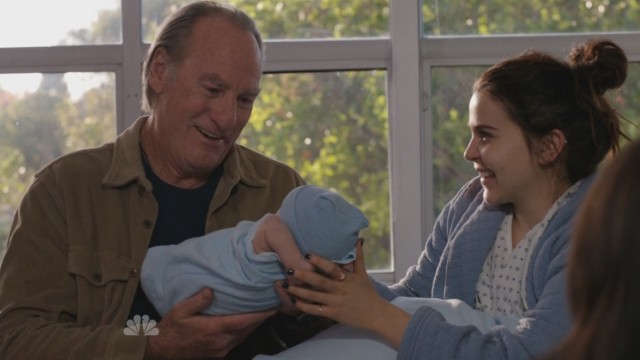Twenty Percent of Millennial Parents Live in Poverty

A new study from Young Invincibles has some unexpected and surprising news about Millennial parents: 20 percent of Millennial parents live in poverty, and Millennial parents have the highest poverty rates of any parents in the past 25 years.
I first read about this story on XOJane, which sums it up as follows:
Millennials take home lower salaries than their 1980s counterparts, face massive student debt that many of them will continue to pay off well into their careers, and graduated during difficult economic times. […] Earlier this year, the Institute for Women’s Policy Research published a report that found the average Millennial woman in America earns $30,000 and the average Millennial man earns $35,000 annually. It’s hard enough to break even on such small salaries, let alone begin the expensive journey of parenthood.
And here’s how Young Invincibles puts it:
In 2014, there were approximately 20.5 million 18- to 34-year-old parents, representing nearly 30 percent of the Millennial population, and this percentage will grow rapidly. A recent Pew survey found nearly three quarters of unmarried, childless Millennials want to have children. The world is changing rapidly, and being a parent presents unique challenges to the way Millennials work, learn, and live.
Compounding these challenges is a harsh economic reality. Regardless of whether they have children, many young adults struggle to launch their careers in today’s economy. Millennials face an unemployment rate that is over 40 percent higher than the national average, declining wages, and the prospect of repressed wages for years to come. They graduated from college with historically high student debt, and have the lowest health insurance rate. They are the first generation in modern history to have higher poverty rates and lower incomes than their two preceding generations.
Young Invincibles’ statement that “more than one out of every five Millennial parents is in poverty” is backed up by data from Pew, and they helpfully note that 16 percent of Millennials who aren’t parents also live in poverty. Millennial parents, however, must do more with less, including paying for childcare costs (which we no longer call “daycare,” because we live in a 24-hour workforce now) and managing expectations within a workforce that is not always designed to incorporate parents’ needs.
When I started writing this, I was stuck on the idea that there aren’t a lot of Millennial parents represented in pop culture. Take television, for example. There’s Parenthood’s Amber Holt (Mae Whitman), who becomes pregnant at age 22 and shortly thereafter moves in with her parents, and then there’s… well, who else is there?
The Mindy Project stars pregnant 35-year-old Mindy Lahiri (Mindy Kaling), Jane the Virgin is about pregnant 23-year-old Jane Gloriana Villanueva (Gina Rodriguez), and Girls had guest-star Gaby Hoffmann as pregnant 20-something Caroline Sackler (and Hoffmann, who is 33, was actually pregnant at the time), but none of these characters are parents yet, so we’ll have to see how future seasons portray their lives. (Maybe not Mindy, though; Fox literally canceled The Mindy Project yesterday evening, though there’s a chance new seasons will air on Hulu.)
Unless there’s a show I’m not aware of — and please tell me if there is — we have no equivalent of Two Broke Girls and a Baby.
Why is that important? Because Millennials are getting older, 30 percent of us are parents, and by continuing to present Millennials as tech-obsessed, selfie-loving Girls, New Girl(s), or Two Broke Girls, our cultural conversation skips over the fact that many of us are raising kids of our own. It’s time to think of us as adults.
At this point, I’ll turn the conversation over to the Millennial parents, since you are the ones who can speak to your personal economic situations. Does the Young Invincibles study make sense? Do you feel like you are making do with fewer resources than your own parents had? Do you want to see more TV shows with Millennial parents as lead characters?
Support The Billfold
The Billfold continues to exist thanks to support from our readers. Help us continue to do our work by making a monthly pledge on Patreon or a one-time-only contribution through PayPal.
Comments